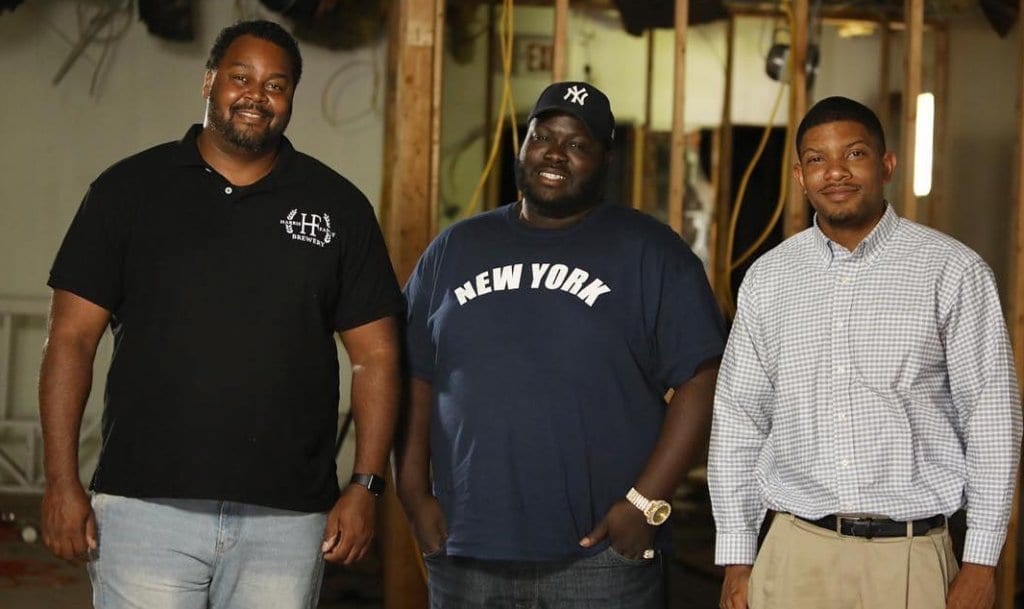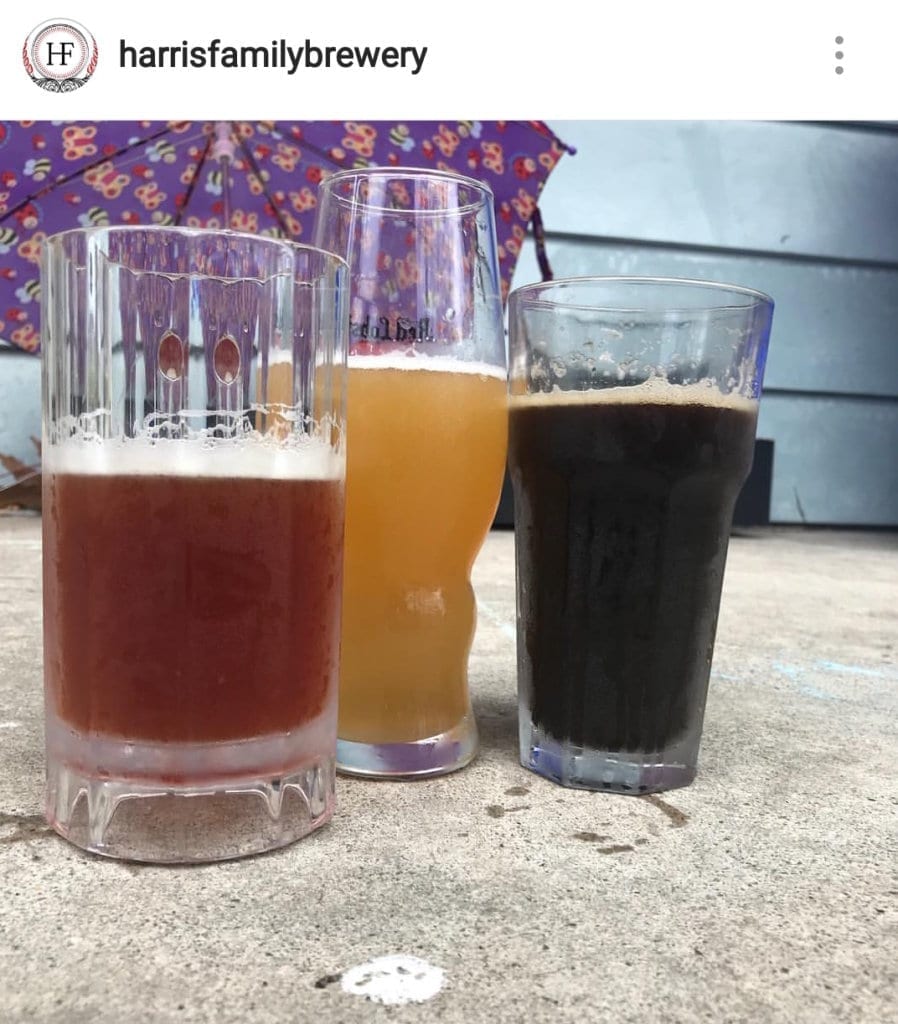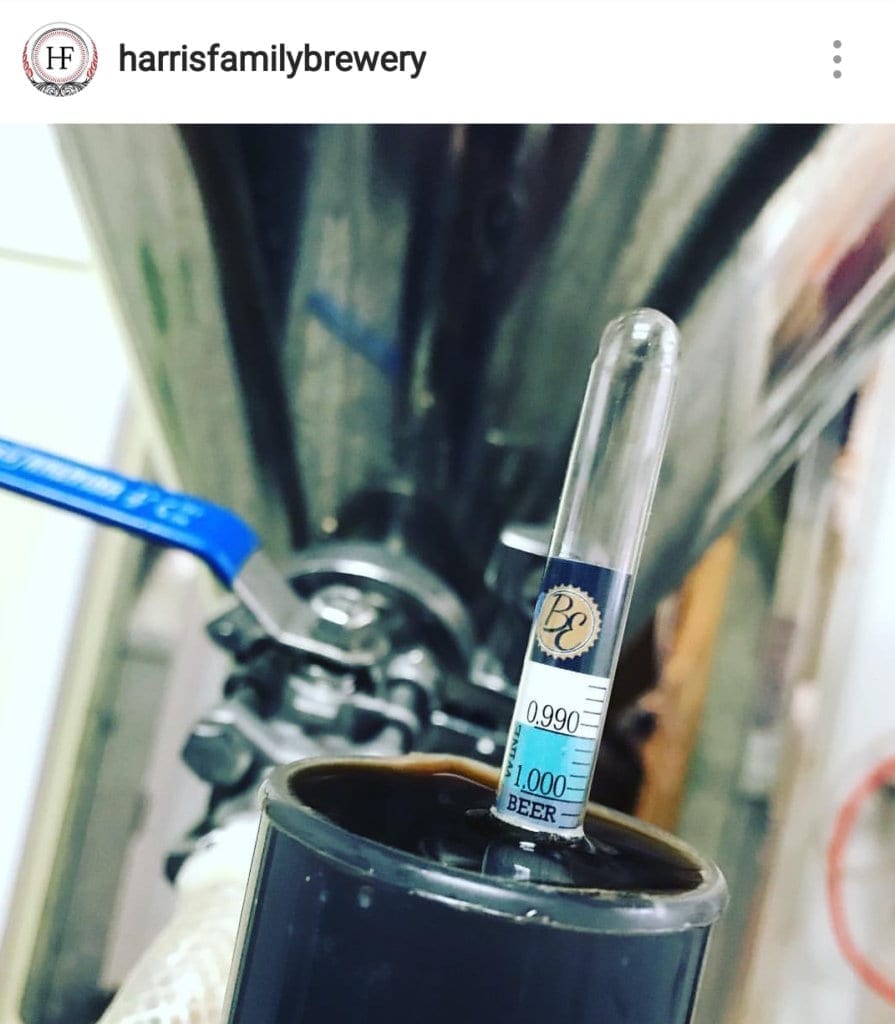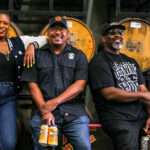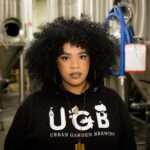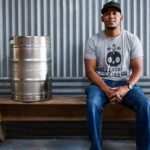Cornbread is a unique Black owned restaurant that is creating jobs and a space where traditional soul food dishes are prepared using ingredients that are free of steroids and hormones.
Recently, the restaurant announced that they are working with Walmart to expand into three Walmart stores in Pittsburgh, Pennsylvania. All three restaurant locations will open this year with the inaugural location set to open on July 5th.
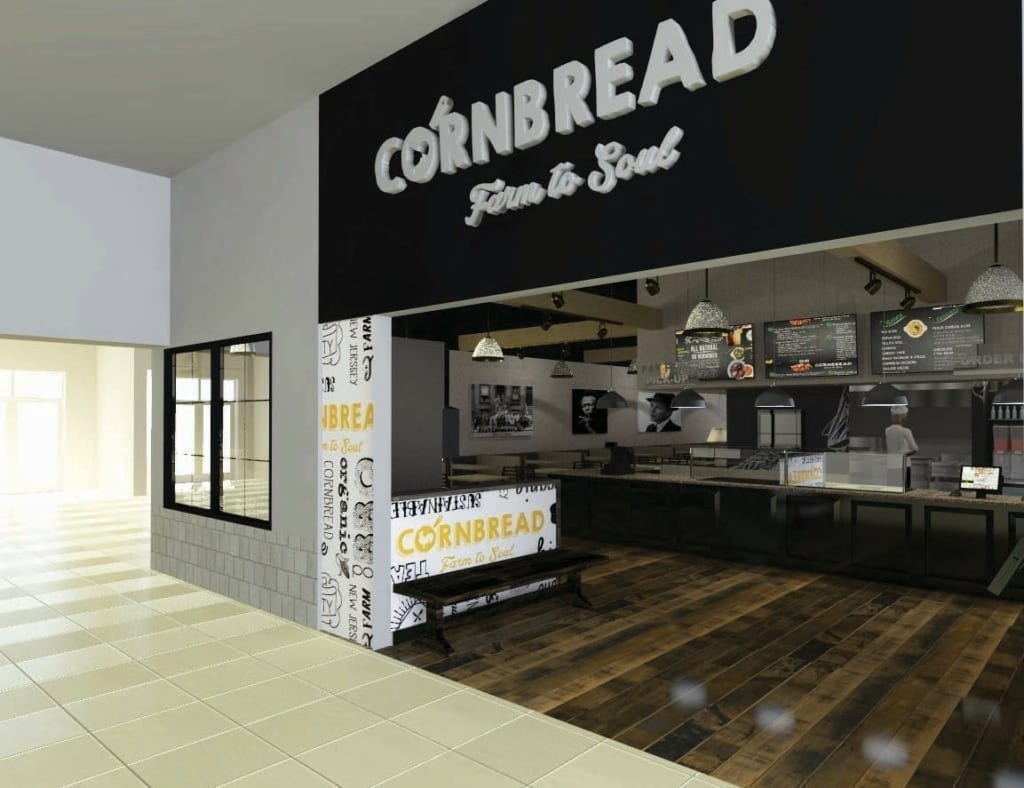
Cornbread’s mission is to passionately invest in its employees and in the communities where it does business. The inaugural location, in a leased space at Walmart, is expected to create approximately 35 new job opportunities.
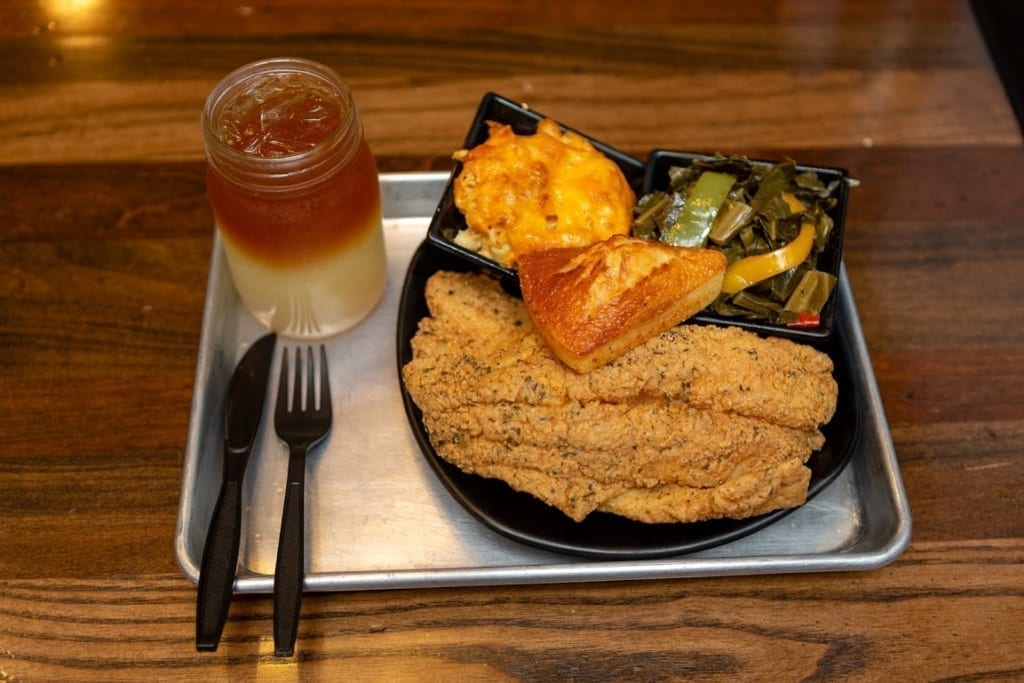
“This expansion is the culmination of two years of hard work by my co-founder, Zadie, and our amazing team. Cornbread was born out of a vision and belief that we could create a space where friends and family can enjoy soul food that is also healthy and where we invest in our employees. We also wanted to ensure that our food was accessible, which is why this collaboration with Walmart is so important,” explained Adenah Bayoh, co-founder of Cornbread.
“When I began my journey as a restaurateur, I was turned down by seven banks before I was able to secure the financing I needed to purchase my first restaurant. Now, 13 years later, my own signature soul food restaurant is expanding outside of New Jersey with the support of the largest retailer in the country.”
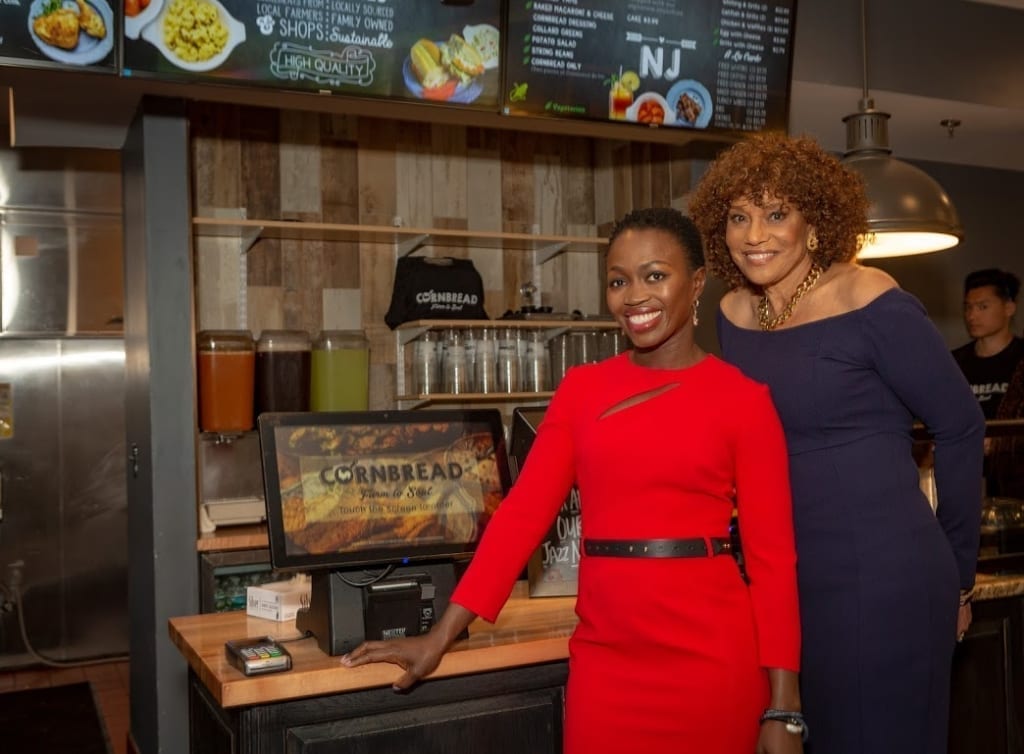
Cornbread’s menu and flavor profiles were crafted by Zadie B. Smith, a native of Georgia with life-long culinary experience. Adenah Bayoh is a restaurateur who opened her first restaurant at age 29.
To learn more about Cornbread, please visit www.cornbreadsoul.com.
-Tony Oluwatoyin Lawson (IG@thebusyafrican) and Guest contributor Vernon Williams











